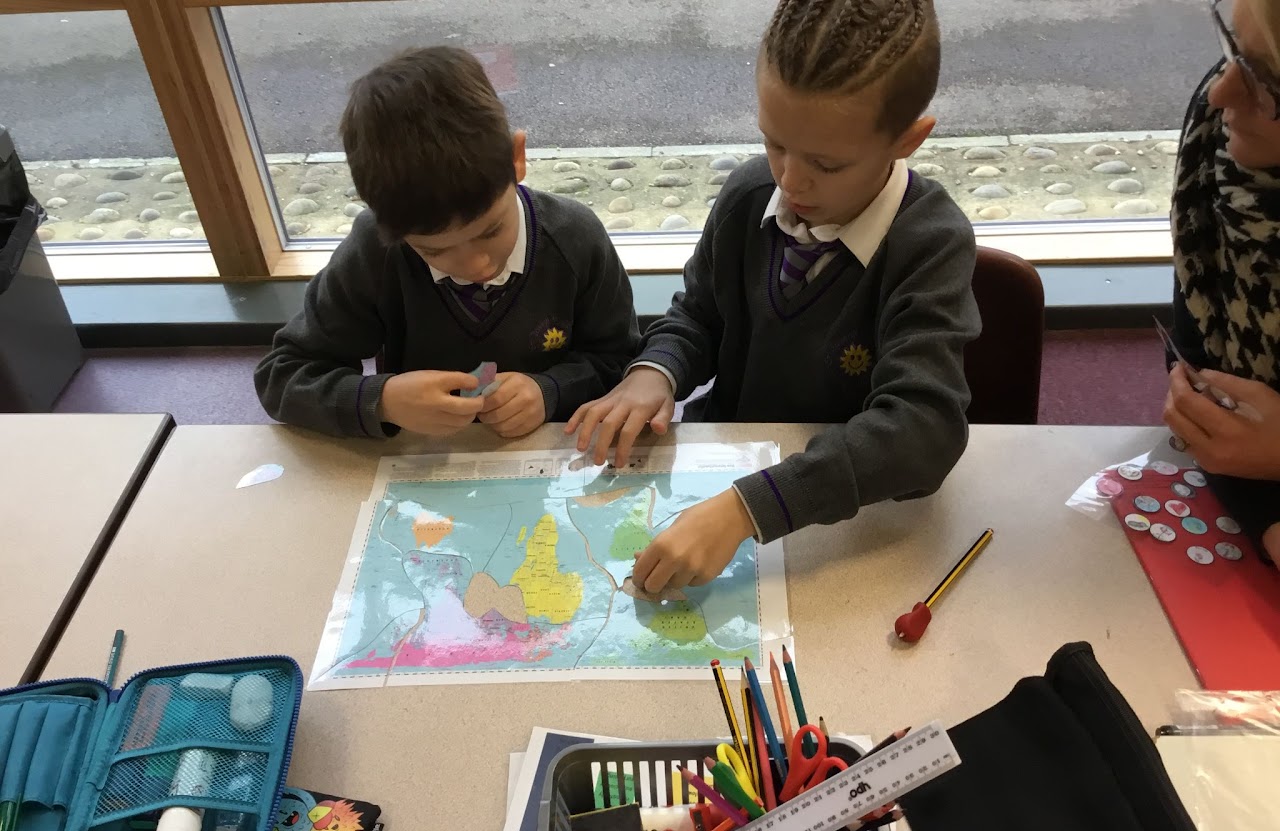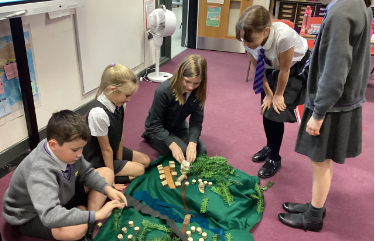Geography
Intent
Our Geography curriculum inspires pupils to be curious and fascinated about the world and its people, equipping them with knowledge of diverse places, environments, and resources, both locally and globally. Children develop an understanding of physical and human processes and how these interact to shape landscapes, communities, and the environment. They learn about significant global locations, including their environmental, economic, and cultural characteristics, and explore how these are interconnected in an increasingly globalised world. Through Geography, pupils gain locational knowledge, place knowledge, and geographical skills, including map reading, data interpretation, and fieldwork techniques. Our curriculum promotes sustainability awareness, encouraging pupils to consider how choices impact the planet and future generations.

Implementation
Geography is taught every half -term through carefully sequenced units that build both substantive knowledge (facts about places and processes) and disciplinary knowledge (how geographers investigate and interpret the world). Children learn to enquire, analyse, interpret, and make connections between geographical concepts and their impact on life today.
Progression is mapped across year groups to ensure depth and mastery, revisiting key concepts such as climate, settlement, trade, and environmental change. Fieldwork is integral to our approach, enabling pupils to observe, measure, and record geographical features in real contexts. We integrate digital tools, atlases, and GIS resources to support modern geographical enquiry and use maps, globes, and aerial photographs to deepen understanding. Cross-curricular links such as using data in Maths or exploring environmental issues in Science embed Geography within a broad and balanced curriculum.
Impact
Our pupils at St Joseph leave with:
- A secure understanding of locational and place knowledge, including continents, countries, and key physical and human features.
- Knowledge of key geographical concepts, including climate, landforms, population, and sustainability.
- The ability to think critically, interpret data, and understand global interconnections.
- Practical skills in map reading, data analysis, and fieldwork techniques.
- A sense of responsibility for the environment, considering sustainability and global citizenship.

